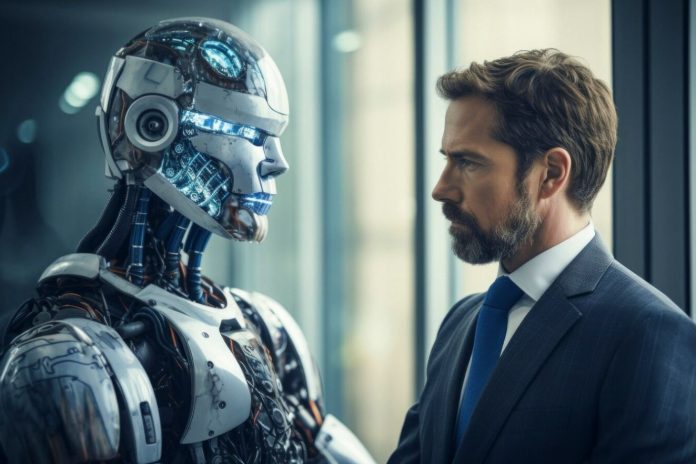The business landscape is buzzing with excitement over generative AI tools like ChatGPT, you.com, and Claude.ai, which promise to transform decision-making processes. Sam Altman, CEO of OpenAI, has boldly stated that we are entering a “golden age of human possibility,” underscoring the optimism surrounding these technologies.
For executives, the potential of generative AI in strategic planning is tantalizing. One manager expressed eagerness for a future where AI can identify opportunities yet to be discovered. However, this enthusiasm raises critical questions: Are we overestimating generative AI’s capabilities? How can we effectively identify areas where AI can enhance strategic planning? Are all generative AI tools equally effective, or do some excel in specific scenarios?
To explore these questions, we examine two illustrative business cases.
Case Study 1: Trident’s Strategic Vision
Keith, CEO of Trident, a commercial agricultural research organization, gathered his executive team for their annual strategy retreat. They aimed to identify key strategic issues facing the company, including competition, resource allocation, and climate impacts. However, Keith recognized their perspective was limited to agricultural science and wondered if generative AI could offer a broader view.
By prompting a generative AI tool with Trident’s context, they received valuable insights into emerging strategic issues, including technological advancements and regulatory changes. While the AI missed some specifics, such as profitability and branch location, it successfully expanded their thinking, highlighting the value of external perspectives in strategic planning.
However, when Keith inquired whether generative AI could forecast future demand for their services, the tool fell short. Its reliance on historical data limited its predictive capabilities. Yet, by reframing the prompt to explore factors impacting future demand, the AI generated insightful considerations, including sustainability trends and changing consumer preferences.
Case Study 2: Fitzroy Cemetery and Crematorium
Angeline, CEO of Fitzroy Cemetery and Crematorium, organized a strategic planning session to address industry changes, such as the shift from burials to cremations and a growing demand for eco-friendly practices. She included her board to gain fresh insights and identified key trends affecting their business.
To validate her team’s findings, Angeline used a generative AI tool to evaluate their list against industry challenges. The AI provided additional thought-provoking recommendations, such as addressing an aging population and regulatory compliance, which Angeline found beneficial for future strategy development.
When exploring alternatives in a land-scarce future, the AI generated some unconventional suggestions, alongside practical ideas like multi-story burials and memorial forests. This blend of creativity and relevance underscored generative AI’s potential to inspire innovative solutions.
While generative AI offers remarkable capabilities, it’s essential to acknowledge its limitations—primarily its backward-looking nature. By understanding these constraints, organizations can leverage AI’s strengths to uncover opportunities, mitigate risks, and develop comprehensive strategies. Ultimately, generative AI should be seen as a tool to augment human decision-making rather than a replacement. With thoughtful integration, it can enhance strategic planning and elevate business outcomes.






